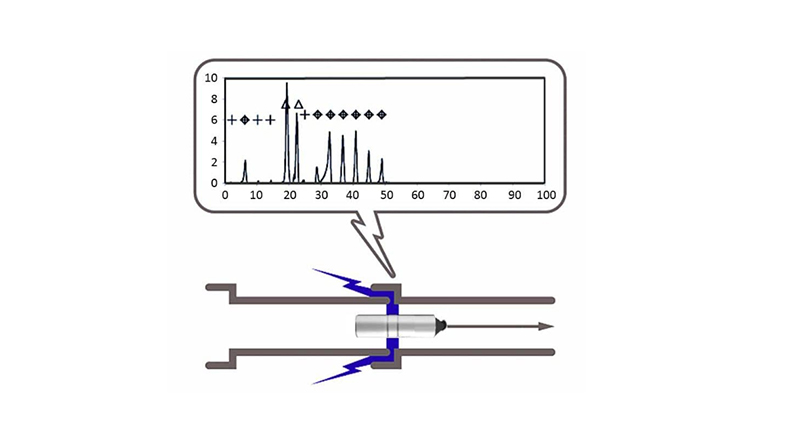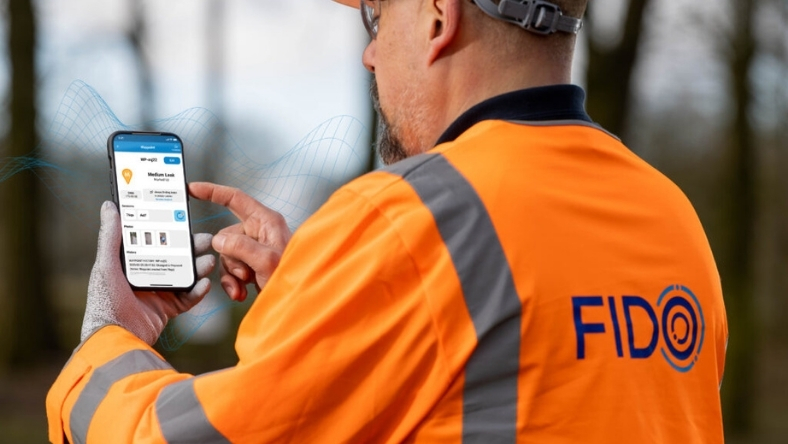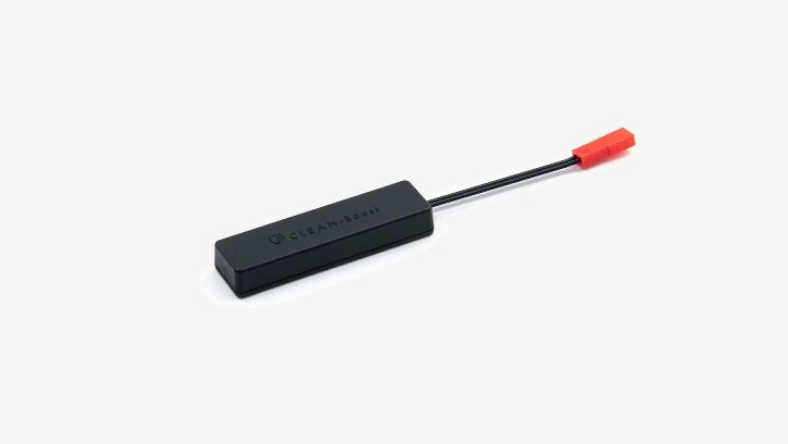INNOVATION
AI Cracks the Code on Hidden Water Leaks
Electro Scan's Al tech slashes water loss and repair time, giving utilities a smarter, faster way to fix aging infrastructure.
12 Apr 2025

Artificial intelligence is beginning to reshape how US utilities monitor ageing water networks, promising faster repairs and reduced losses from leaks that waste billions of gallons daily.
Electro Scan, a leak detection group, has developed a system that sends low-voltage electric signals through underground pipes. The technology, supported by Al, identifies the exact location of leaks, including in infrastructure installed decades ago.
"For too long, utilities have been navigating in the dark," said one technical adviser to the company. "Now we're giving them a GPS for underground leaks."
Conventional approaches such as acoustic sensors and visual inspections often fail to capture minor defects, leading to costly misdiagnoses and unnecessary excavation. By contrast, Electro Scan's platform claims to cut repair times in half and reduce digging by more than 80 per cent.
The move towards Al-enhanced diagnostics is attracting attention across the industry. Large players such as Xylem and Echologics are developing rival platforms, reflecting a wider trend towards data-driven management of critical infrastructure.
Utilities face rising operational costs, tighter sustainability requirements and the burden of maintaining ageing assets.
However, concerns remain over adoption. Smaller municipalities may struggle with upfront investment, while experts warn of the need for stronger standards to distinguish tested innovations from unproven tools. Questions over data ownership and long-term accountability are also beginning to surface.
Despite these obstacles, many analysts expect Al-based systems to play a central role in water management strategies. Supporters argue the technology will help utilities anticipate failures, prioritise investment and maximise limited funding at a time of mounting climate and urban pressures.
Leak detection, once dependent on listening devices, is increasingly framed as a matter of precise measurement and timely intervention. Industry groups see this as the beginning of a fundamental shift in how water infrastructure is maintained.
Latest News
2 Feb 2026
How AI Leak Detection Is Rewriting Water Utility Work30 Jan 2026
Battery-Free Sensors Could Change the Future of Leak Detection20 Jan 2026
How Private Capital Is Rewriting the Playbook on U.S. Water19 Jan 2026
Data Turns Hidden Water Loss Into Action for U.S. Utilities
Related News

INSIGHTS
2 Feb 2026
How AI Leak Detection Is Rewriting Water Utility Work

RESEARCH
30 Jan 2026
Battery-Free Sensors Could Change the Future of Leak Detection

PARTNERSHIPS
20 Jan 2026
How Private Capital Is Rewriting the Playbook on U.S. Water
SUBSCRIBE FOR UPDATES
By submitting, you agree to receive email communications from the event organizers, including upcoming promotions and discounted tickets, news, and access to related events.